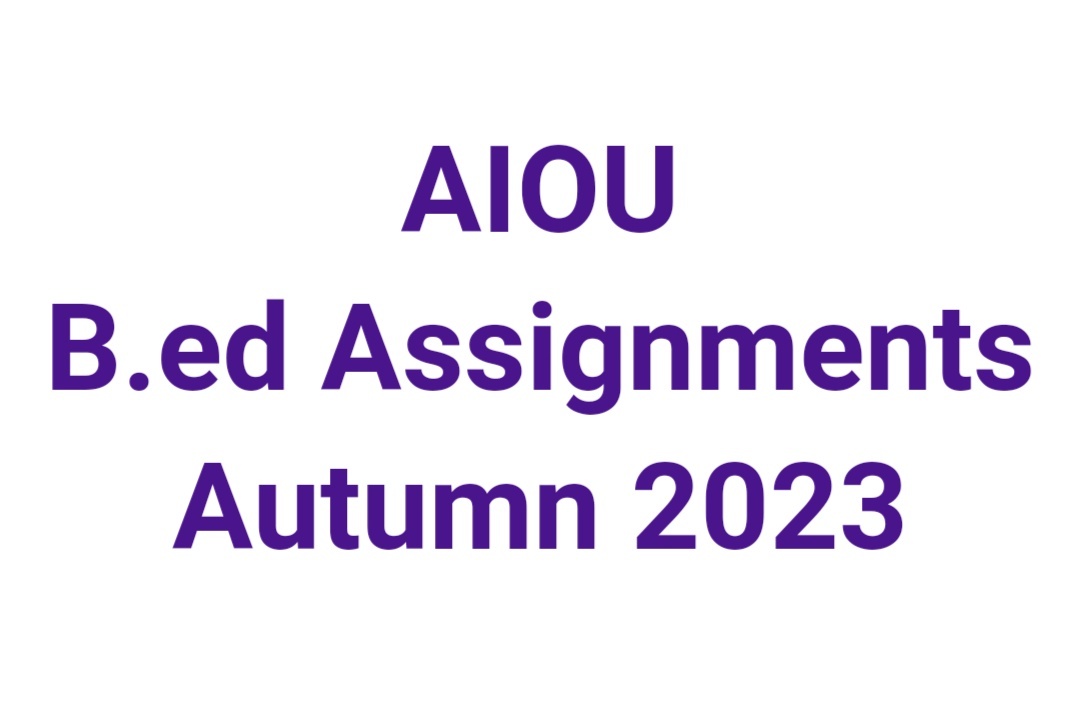Introduction to Realism in Education
Realism, as a philosophical approach, profoundly impacts educational practices, aiming to shape learning experiences aligned with real-world elements. Understanding the educational aims guided by realism involves delving into its core principles, strategies, and outcomes.
Understanding the Aims of Education in Realism
Fostering Knowledge Acquisition
Realism places paramount importance on acquiring knowledge that reflects reality. It emphasizes subject matter rooted in empirical evidence and observable phenomena, allowing students to grasp the world's intricacies.
Emphasis on the Real World
The philosophy of realism emphasizes connecting education with real-life experiences. Its educational aims involve preparing individuals to navigate real-world challenges by imparting practical skills and problem-solving abilities.
Moral and Ethical Development
Realism in education seeks not only intellectual development but also moral and ethical growth. It encourages students to make informed ethical decisions, shaping responsible citizens capable of contributing positively to society.
Individual Development and Societal Contribution
Realism aims to nurture individual growth while emphasizing one's role in societal development. It encourages students to explore their potential and apply their acquired knowledge for the betterment of the community.
Principles of Realism in Education
Realism's educational principles revolve around the significance of experiences in learning, emphasizing the practical application of acquired knowledge. Teachers in realist education act as facilitators, guiding students through meaningful experiences that enable comprehensive understanding.
Comparison with Other Educational Philosophies
Contrasting realism with idealism and pragmatism highlights its distinctiveness. While idealism focuses on ideas and concepts, and pragmatism prioritizes practicality, realism integrates both by grounding education in real-world relevance.
Critiques and Challenges of Realism in Education
Despite its strengths, realism faces criticism for potential limitations in accommodating diverse learning styles and modern advancements. Adapting realism to contemporary educational contexts poses challenges that require innovative approaches for effective implementation.
Impact and Relevance of Realism in Contemporary Education
Realism's influence persists in modern education, shaping curriculum designs and educational methodologies. Its emphasis on practical knowledge and experiential learning continues to contribute to the evolution of educational systems worldwide.
Conclusion
Realism in education remains a significant force shaping learning objectives and methodologies. Its emphasis on real-world relevance, moral development, and practical skills equips students to navigate complexities and contribute meaningfully to society.
Unique FAQs
How does realism differ from idealism in education? Realism prioritizes empirical evidence and real-world experiences, while idealism focuses on ideas and concepts.
What role do teachers play in realist education? Teachers act as facilitators, guiding students through practical experiences to foster comprehensive understanding.
Is realism relevant in modern educational systems? Yes, realism's emphasis on practical knowledge and experiential learning continues to shape contemporary education.
What challenges does realism face in today's education? Realism may struggle to accommodate diverse learning styles and adapt to rapidly evolving technological advancements.
How does realism contribute to societal development? Realism aims to develop responsible individuals who contribute positively to society by applying acquired knowledge and skills





0 Comments